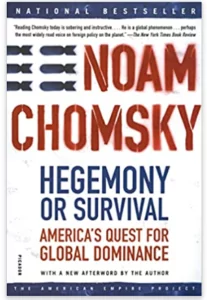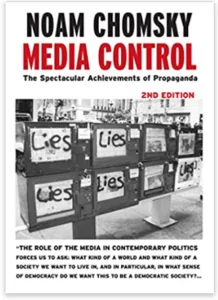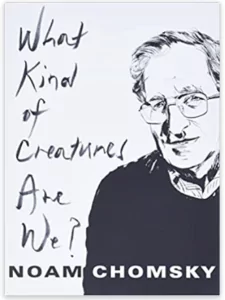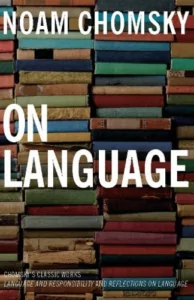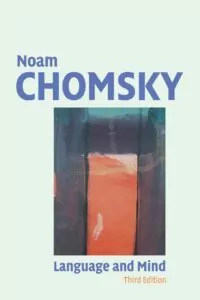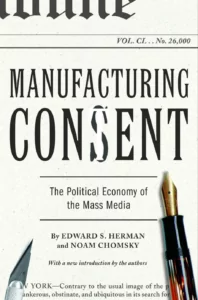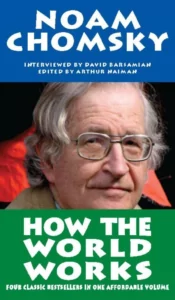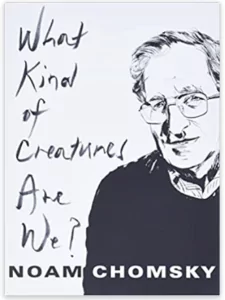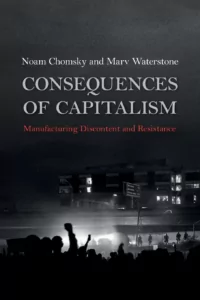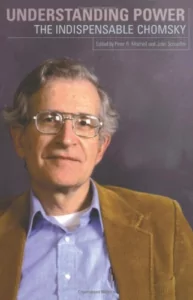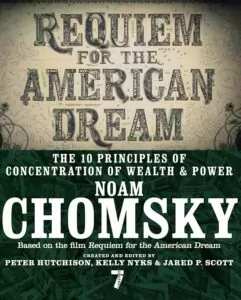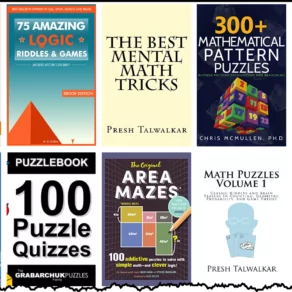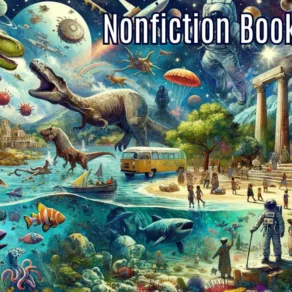Welcome to a journey through the mind of Noam Chomsky, one of the most distinguished and influential thinkers of our time. In this blog post, we embark on an exploration of Chomsky’s vast body of work, a treasure trove that spans the intricacies of linguistics, the complexities of political theory, and the urgent calls for social justice.
Chomsky, renowned for his groundbreaking ideas and relentless pursuit of truth, has authored a multitude of books that have not only shaped academic discourse but also have profoundly impacted public thought and activism. From his incisive critiques of media and politics in “Manufacturing Consent” and “Hegemony or Survival” to his deep dives into language and the human mind, Chomsky’s writings illuminate and challenge our understanding of the world.
As we delve into the summaries of some of his most significant works, we invite readers to discover the depth and breadth of Chomsky’s intellectual legacy, a legacy that continues to inspire and provoke critical thought in our quest to better understand and engage with the world around us.
Related: Famous Noam Chomsky Quotes
Noam Chomsky Books
Here are some of the best Noam Chomsky Books:
1.Hegemony or Survival: America’s Quest for Global Dominance (American Empire Project), by Noam Chomsky
Hegemony or Survival by Noam Chomsky is a bestselling book that exposes how the United States has been following a grand imperial strategy aimed at dominating the globe for over half a century. Chomsky investigates how the U.S. government aggressively pursues “full spectrum dominance” and how recent manifestations of global control politics cohere in a drive for hegemony that ultimately threatens our existence. The book is well-researched, clearly written, and includes a new afterword by the author.
2.Media Control, Second Edition: The Spectacular Achievements of Propaganda (Open Media Series), by Noam Chomsky
Media Control by Noam Chomsky is a classic book that explores how the mass media is used to manipulate and control public opinion in the United States. Chomsky asserts that propaganda is used as a bludgeon against democracy and examines how the mass media and public relations industries have been used to generate public support for going to war. He also touches on how the modern public relations industry has been influenced by Walter Lippmann’s theory of “spectator democracy,” which sees the public as a “bewildered herd” that needs to be directed, not empowered. Media Control provides insight into the workings of disinformation in democratic societies and is a valuable primer on the subject.
3.Failed States: The Abuse of Power and the Assault on Democracy, by Noam Chomsky
Failed States: The Abuse of Power and the Assault on Democracy, by Noam Chomsky, is a critical examination of the United States and its policies. Failed states, according to Chomsky, are those “that do not protect their citizens from violence and perhaps even destruction, that regard themselves as beyond the reach of domestic or international law, and that suffer from a ‘democratic deficit,’ having democratic forms but with limited substance.”
Exploring recent U.S. foreign and domestic policies, Chomsky assesses Washington’s escalation of the nuclear risk; the dangerous consequences of the occupation of Iraq; and America’s self-exemption from international law. He also examines an American electoral system that frustrates genuine political alternatives, thus impeding any meaningful democracy.”
4.On Anarchism, by Noam Chomsky
On Anarchism by Noam Chomsky is a collection of essays and interviews that sheds light on the political philosophy of anarchism and Chomsky’s distinctively optimistic brand of it. Chomsky challenges the notion of anarchism as a fixed idea and instead emphasizes its living and evolving tradition. He also disputes the traditional fault lines between anarchism and socialism, highlighting the power of collective action over individualism.
5.On Language: Chomsky’s Classic Works Language and Responsibility and Reflections on Language in One Volume, by Noam Chomsky, Mitsou Ronat
On Language by Noam Chomsky and Mitsou Ronat is a collection of Chomsky’s highly accessible and informal works on language. Part I, Language and Responsibility, presents a self-portrait of Chomsky’s political, moral, and linguistic thinking. Part II, Reflections on Language, explores the implications of the study of language and analyzes controversies among psychologists, philosophers, and linguists. The book has received critical acclaim for its clarity and comprehensive introduction to Chomsky’s thought.
6.Language and Mind, by Noam Chomsky
Language and Mind is a collection of essays by Noam Chomsky, first published in 1960s and revised in 2006. The book presents Chomsky’s early work on the nature and acquisition of language as a genetically endowed, biological system, through which humans acquire an internalized knowledge of language. The third edition includes an additional chapter and preface, bringing Chomsky’s influential approach into the 21st century and raising novel and exciting challenges for the study of language and mind.
7.9-11, by Noam Chomsky
“9-11” by Noam Chomsky is actually a collection of essays, interviews, and speeches that Chomsky gave in the aftermath of the September 11, 2001 terrorist attacks. In this book, Chomsky offers a critical analysis of the US government’s response to the attacks, as well as a broader examination of the history of US foreign policy and the role it has played in creating anti-American sentiment around the world.
8.Culture of Terrorism, by Noam Chomsky
“Culture of Terrorism” by Noam Chomsky provides a critical analysis of US political culture through the lens of the Iran-Contra scandal. Chomsky argues that the US has often opposed human rights and democratization in order to further its economic interests. The book offers a scathing critique of American foreign policy and is a classic text in the study of US politics.
9.Manufacturing Consent: The Political Economy of the Mass Media, by Edward S. Herman, Noam Chomsky
“Manufacturing Consent: The Political Economy of the Mass Media” is a book co-authored by Edward S. Herman and Noam Chomsky that argues that the news media serve the interests of those in power rather than providing objective and unbiased reporting. Through case studies such as the media’s coverage of “worthy” versus “unworthy” victims and their handling of the protests against the World Trade Organization, World Bank, and International Monetary Fund, the authors propose a Propaganda Model to explain the media’s behavior and performance. The book provides a powerful assessment of how the U.S. mass media systematically fail to live up to their self-image as providers of objective information and how they serve to advance the economic, social, and political agendas of the privileged groups that dominate society.
10.How the World Works (Real Story (Soft Skull Press)), by Noam Chomsky, David Barsamian
“How the World Works” is a compilation of speeches and interviews by Noam Chomsky that offers a clear and accessible introduction to his ideas for those unfamiliar with his work. Originally published as four short books, the collection has sold almost 600,000 copies and remains relevant today. Chomsky’s insights, such as the rise of high-risk speculation in the free market economy, have become more relevant over time, and his work offers a scathing critique of the concentration of power in the hands of the wealthy.
11.What Kind of Creatures Are We? (Columbia Themes in Philosophy), by Noam Chomsky
What Kind of Creatures Are We? by Noam Chomsky presents a lifetime of philosophical reflection on linguistics, cognitive science, and political theory. In clear and nontechnical language, Chomsky discusses how his work in linguistics has implications for the origins of language, the relationship between language and thought, and its eventual biological basis. He also explores alternative theories of language and investigates the scope and limits of human cognitive capacities. Chomsky concludes with a philosophical defense of “libertarian socialism,” tracing its links to anarchism and the ideas of John Dewey, Marx, and Mill, and its relation to the present.
12.Consequences of Capitalism: Manufacturing Discontent and Resistance, by Noam Chomsky, Marv Waterstone
Consequences of Capitalism: Manufacturing Discontent and Resistance by Noam Chomsky and Marv Waterstone explores how politics shapes our world, lives, and perceptions, and how capitalist structures threaten life on the planet. The book exposes the connections between neoliberal “common sense” and structural power and shows how this hegemony keeps social justice movements divided and marginalized. It also offers insight into how we can overcome these divisions and fight for change.
13.Who Rules the World? (American Empire Project), by Noam Chomsky
Who Rules the World? is an analysis of the current international situation by Noam Chomsky, which examines how the United States still largely sets the terms of global discourse despite the rise of Europe and Asia. Chomsky provides insights into the workings of imperial power on our increasingly chaotic planet, delving deep into conflicts in Iraq, Afghanistan, and Israel-Palestine. The book also details how America’s rhetoric of freedom and human rights often diverges from its actions, with a new afterword addressing the election of Donald Trump and its implications for American society.
14.Understanding Power: The Indispensible Chomsky, by Noam Chomsky
Understanding Power is a collection of Noam Chomsky’s talks on politics and the media, covering topics from foreign policy during Vietnam to U.S. domestic policies under the Clinton administration. In the book, Chomsky establishes a theory of social change and offers a sweeping critique of the world around us, including his classic criticisms of media in capitalist society and U.S. foreign and domestic policies. The book is ideal for those new to Chomsky’s work as well as for those who have been reading his work for years.
15.Requiem for the American Dream: The 10 Principles of Concentration of Wealth & Power, by Noam Chomsky
Requiem for the American Dream examines income inequality in the United States, with Chomsky highlighting ten principles of concentration of wealth and power that contribute to the problem. He argues that these principles, such as reducing democracy and attacking the solidarity of the people, have been intentionally put in place by those in power to benefit the wealthy at the expense of the poor and middle classes. The book is based on a collaboration between Chomsky and a team of editors and filmmakers who spent years researching and discussing the issue. It includes readings from core texts that have influenced Chomsky’s thinking and offers a bold and uncompromising perspective on the economic reality and its impact on the nation’s political and moral well-being.
Final thoughts
In this comprehensive post, we’ve delved into the intellectual realm of Noam Chomsky, a towering figure in contemporary thought, exploring his impactful works that span various fields such as linguistics, politics, and social justice. Chomsky’s books, from “Hegemony or Survival” with its critical examination of American global dominance to “Manufacturing Consent,” co-authored with Edward S. Herman, offering a piercing analysis of media manipulation, each contribute uniquely to our understanding of the complex socio-political and linguistic landscapes.
Chomsky’s clear, thought-provoking insights challenge conventional perspectives, encouraging readers to critically engage with and reassess the structures and narratives shaping our world. Whether discussing the intricacies of language in “Language and Mind” or the stark realities of power and inequality in “Requiem for the American Dream,” Chomsky’s works remain as relevant and enlightening as ever, offering essential reading for activists, scholars, and anyone seeking a deeper grasp of our contemporary world and its challenges.



